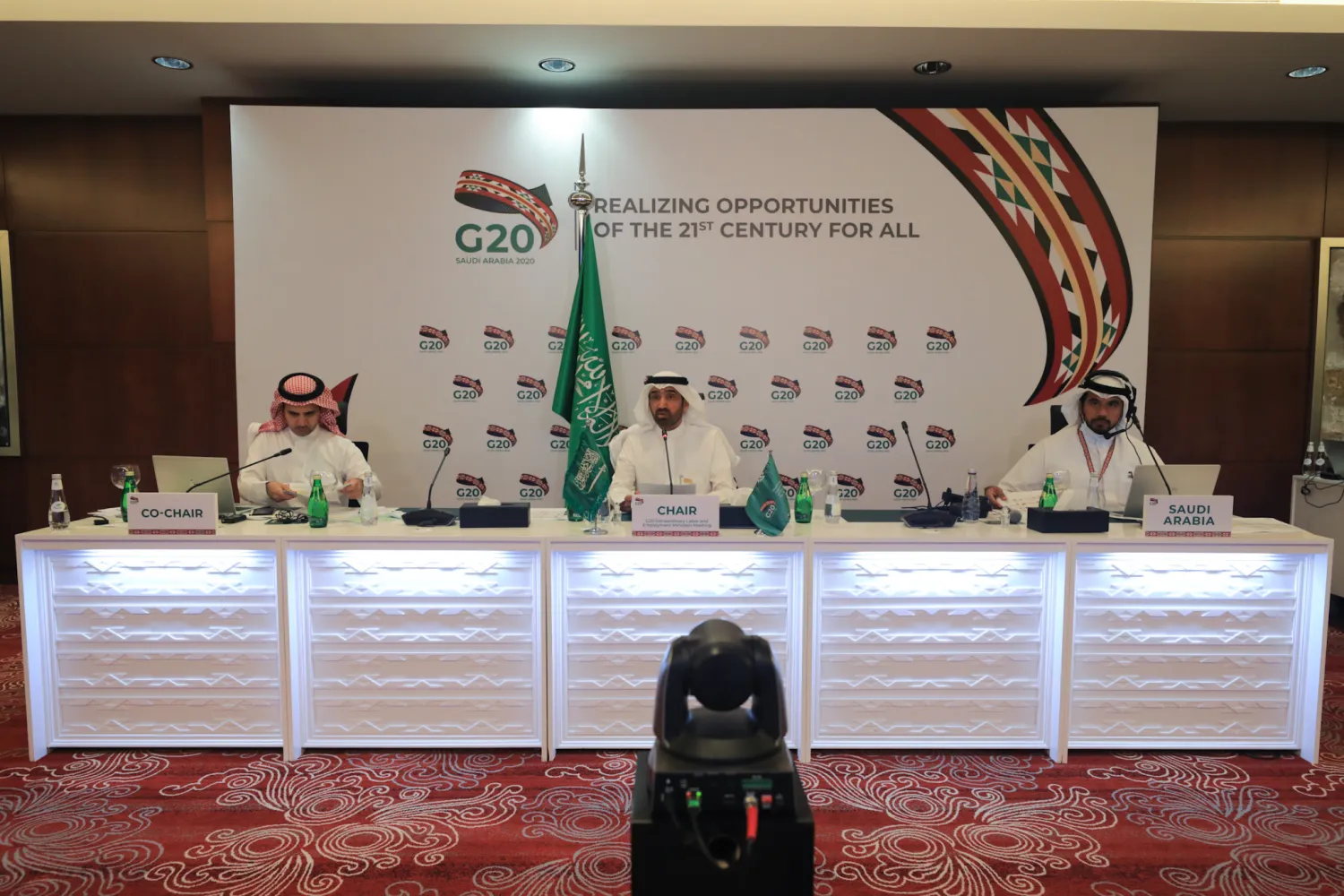Most Asia equities fell and oil prices rose on Friday after Donald Trump ratcheted up Middle East tensions by hinting at possible military strikes on Iran if it did not make a "meaningful deal" in nuclear talks.
The remarks fanned geopolitical concerns and cast a pall over a tentative rebound in markets following an AI-fueled sell-off this month.
Traders are also looking ahead to the release of US data later in the day that will provide a fresh snapshot of the world's top economy, said AFP.
A slew of forecast-beating figures over the past few days have lifted optimism about the outlook but tempered expectations for more interest rate cuts.
The US president told the inaugural meeting of the "Board of Peace", his initiative to secure stability in Gaza, that Tehran should make a deal.
"It's proven to be over the years not easy to make a meaningful deal with Iran. We have to make a meaningful deal otherwise bad things happen," he said, as he deployed warships, fighter jets and other military hardware to the region.
He warned that Washington "may have to take it a step further" without any agreement, adding: "You're going to be finding out over the next probably 10 days."
Israeli Prime Minister Benjamin Netanyahu earlier warned: "If the ayatollahs make a mistake and attack us, they will receive a response they cannot even imagine."
The threats come days after the United States and Iran held a second round of Omani-mediated talks in Geneva as Washington looks to prevent the country from getting a nuclear bomb, which Tehran says it is not pursuing.
The prospect of a conflict in the crude-rich Middle East has sent oil prices surging this week, and they extended the gains Friday to sit at their highest levels since June.
Equity traders were also spooked.
Hong Kong fell as it reopened from a three-day break, while Tokyo, Sydney, Wellington and Bangkok were also down. However, Seoul continued to rally to a fresh record thanks to more tech buying, with Singapore, Manila and Mumbai also up.
City Index market analyst Matt Simpson said a strike was not certain.
"At its core, this looks like pressure and leverage rather than a prelude to invasion," he wrote.
"The US is pairing military readiness with stalled nuclear negotiations, signaling it has credible strike options if talks fail. That doesn't automatically translate into boots on the ground or a regime-change campaign.
"While military assets dominate headlines, diplomacy is still in motion. The fact talks are continuing at all suggests both sides are still probing for a diplomatic off-ramp before tensions harden further."
Shares in Jakarta slipped even after Trump and Indonesian President Prabowo Subianto reached a trade deal after months of wrangling.
The accord sets a 19 percent tariff on Indonesian goods entering the United States. The Southeast Asian country had been threatened with a potential 32 percent levy before the pact.
Jakarta also agreed to $33 billion in purchases of US energy commodities, agricultural products and aviation-related goods, including Boeing aircraft.









